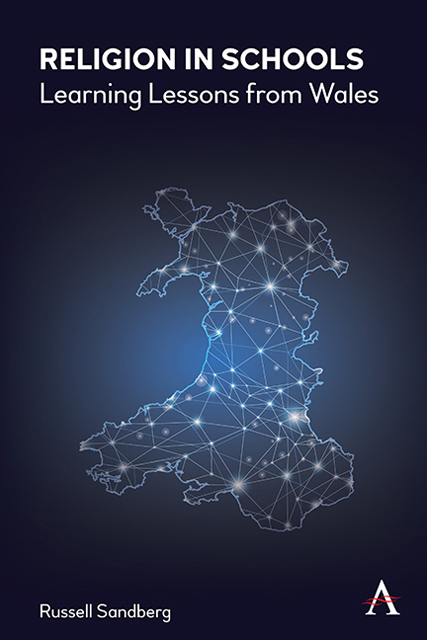Summary
The law on religion in schools in England is the historical product of the State supplementing and subsiding the original central role played by churches and voluntary groups in education, the compromises reached in the 1940s and the conservative nostalgic concerns that were ingrained into legislation in the 1980s. The law on religious education in Wales is now the product of the wider desire to introduce a Curriculum for Wales that rejects the standardisation and bureaucracy of the National Curriculum. The reforms to what is now RVE were moulded by the way in which various papers and consultations were framed, which questions were asked and which were not and how the Welsh Government chose to summarise and respond to the responses made. Taking a chronological approach to both the wider history of the law relating to the teaching of religion in schools and the particular legislative history of the Curriculum and Assessment (Wales) Act 2021 has shown that pragmatism and making compromises have underlined the approach of the determined architects behind major reforms (Rab Butler and Kirsty Williams) and have been have been vital to the development of the law.
This is an area of law where governments have been wary of treading and where reform of the teaching of religion has only come about as a necessary but inconvenient by-product of wider education reform, be that the tripartite system of secondary education in the 1940s, the National Curriculum in the 1980s or the Curriculum for Wales today. Even when reform has been reluctantly acted upon, deference to organised religions and local decision-making has often meant that some matters have remained off the table. This is an area of law, where, to change metaphors, we have never begun from scratch with a blank sheet of paper. A historical approach also underlines that similar concerns, debates and solutions have echoed through the decades and indeed centuries. This is true of educational reform generally. The statement that ‘education in the future must be a process of gradually widening horizons from the family to the local community, from the community to the nation, and from the nation to the world’ may come from the 1943 White Paper on ‘Educational Reconstruction’, but it also provides an apt summary of the approach of the new Curriculum for Wales today.
- Type
- Chapter
- Information
- Religion in SchoolsLearning Lessons from Wales, pp. 107 - 110Publisher: Anthem PressPrint publication year: 2022

